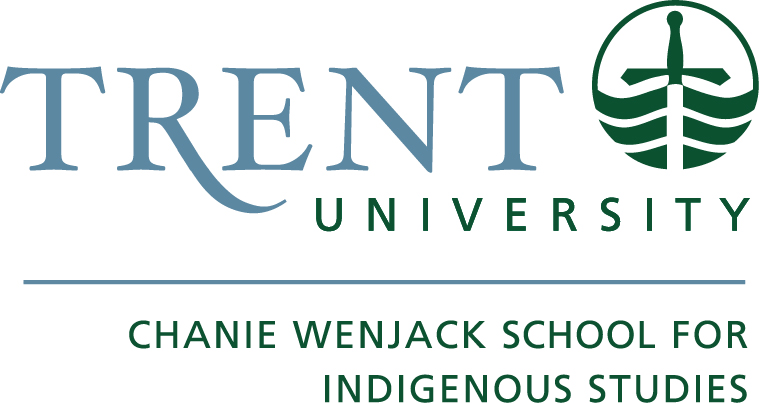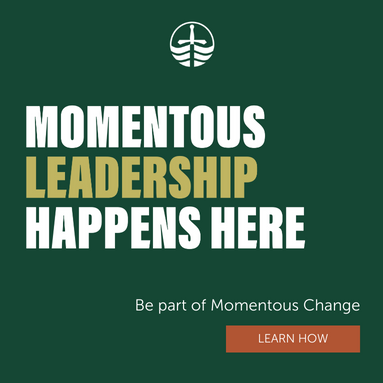Professor
Department of Indigenous Studies
Education:
B.Sc. University of Western Ontario, M.Sc. Waterloo University, Ph.D. Waterloo University
Research Area:
Indigenous environmental health
My research interests are in the fields of environmental health risk assessment, management and communication in cooperation with Indigenous populations. A particular focus of the work is on communities living in rapidly changing natural environments such as coastal and Arctic ecosystems.
Research:
1. “Knowledge Translation & Training for the Decision Support Tool to Balance Risk and Benefit Aspects of Country Food Decisions in Nunavik” – developing risk/benefit balancing model and conducting regional training in Nunavik for its operation. Writing paper with two collaborators (G Paoli and E Hartnett, Decisionanalysis Consultants)
2. “Ways of knowing and understanding: Scientific and Indigenous knowledge for climate change issues in the Canadian North”, have completed report, now writing paper with two colleagues on complementary nature of TEK and science for journal AMBIO (with C Fletcher, U Alberta and C Dickson, Council of Yukon First Nations)
3. “Understanding Communications on Contaminants: A case study review of lessons learned in the North” Conducting case study reviews in 5 northern Canadian regions and 3 international locations (Alaska, Greenland and Russia), training local research teams and developing paper with colleague C Tesar (Consultant) on Year 1 of project.
4. “Climate Change Impacts on Access to Resources in Nunavik”. Conducting community based work to establish community monitoring program in 3 Nunavik communities, supervising post-doctoral researcher on program and editing one paper and one book chapter with M Tremblay (Kativik Regional Government, Nunavik).
5. Food Security and Climate Change in the North. Conducting interviews in Kangiqsualujjuaq, supervising one graduate student and preparing one paper on topic, with student J Alain (U Laval).
6. “Environmental health surveillance and monitoring for climate change in Inuit communities”. Supervising one student and reviewing one regional report and preparing one article with P Gosselin and S Owens (U Laval, Institut nationale de sante publique).
7. “Factors Affecting the Communication and Understanding of Known and Potential/Theoretical Risks to Health in Northern Aboriginal Communities”. Writing project report for Health Canada and 2 journal articles with C Jardine (U Alberta).
8. “ACADRE Grant – Aboriginal Capacity and Developmental Research Environments” Nasivvik Centre. Co-Directing centre grant (based at Laval University) and writing one paper on Aboriginal health research capacity development with E Dewailly (U Laval).
9. Inuit indicators for climate change and community health. Conducting analysis and preparing research paper based on material included in a book which was completed this summer on climate impacts and Inuit adaptation. Paper being written with S Nickels (Inuit Tapiriit Kantami).
National / International Assessment Science 10. Lead Author- Health Canada Climate Change Vulnerability Assessment (Adaptive Capacity and Northern Region Chapters). Editing two chapters for second review with L Chan (UNBC) and Mark Buell (National Aboriginal Health Organization).
11. Lead Author, Canadian Climate Change Assessment (Northern Regions Chapter). Editing one chapter for final review with T Prowse (U Vic and Environment Canada).
12. Lead Author, Intergovernmental Panel on Climate Change Working Group II, Polar Regions (IPCC) – editing one chapter for final government review process with D Vaughan (Cambridge) and O Asinimov (Russia).
13. Lead Author, Canadian Arctic Contaminants Health Assessment – leading writing of three chapter sections; currently drafting chapter outline (with S Donaldson, Health Canada).
14. “10 years after Kyoto” – writing one book chapter on climate change and Aboriginal health in the North with P Gosselin and N Vezeau (U Laval and Insititut national de sante publique).
Teaching Objective:
A central objective of my teaching is to foster a respect for and ability to learn and apply many different types of knowledge in solving problems related to the fields of Indigenous environmental health. My approach to teaching is based on the foundations of critical and creative thinking, the development of independent learning skills and strong written and oral communication abilities.
Chris Furgal and Dan Longboat created the award winning TRent Aboriginal Cultural Knowledge and Science Initiative (TRACKS), in 2011, alongside IESS faculty and with the support of Kawartha World Issues Centre (KWIC). TRACKS consists of two distinct but connected programs: Outreach & Education and Oshkwazin. TRACKS Outreach & Education offers classroom and after-school workshops, outreach programming and summer camp experiences for children with a focus on weaving Indigenous Knowledges with math and science curriculum. Oshkwazin is a new TRACKS program, which works to develop Indigenous Youth Leadership and Advocacy. To learn more about TRACKS please visit, www.tracksprogram.ca.
In 2018 Chris Furgal and Dan Longboat opened the Indigenous Environmental Institute (IEI), a non-profit dedicated to public education, professional development and training, and community-based research.
Courses
1. INDG / ERST 3730Y Indigenous Peoples' health and the Environment
2. INDG/ERST/NURS 4740Y Critical investigationsin Indigenous Peoples' Health and the Environment
3. INDG 6701Y



